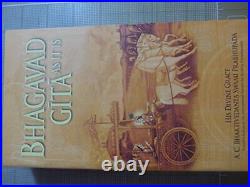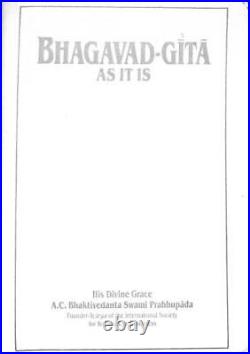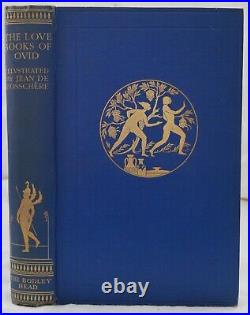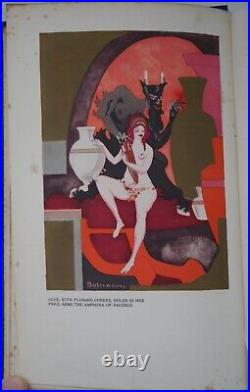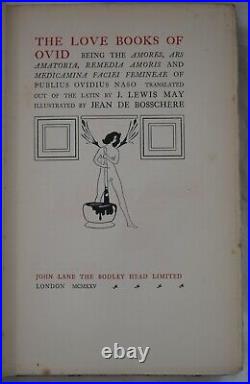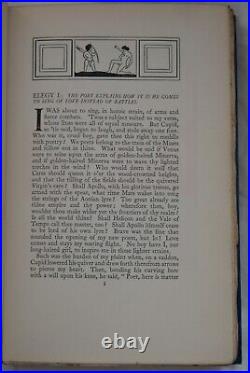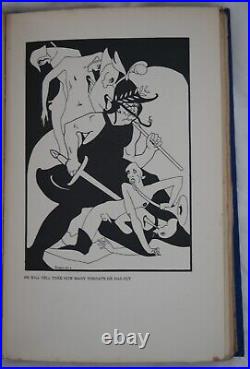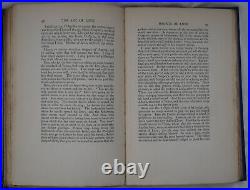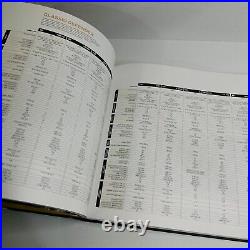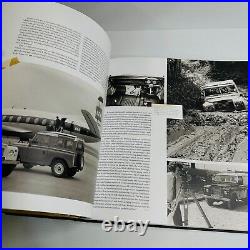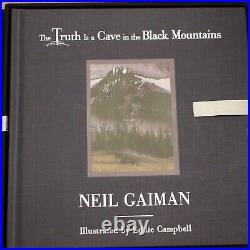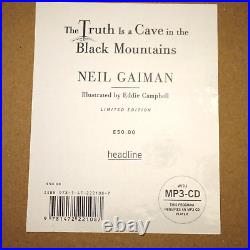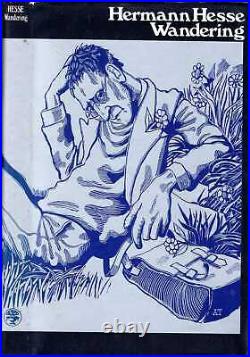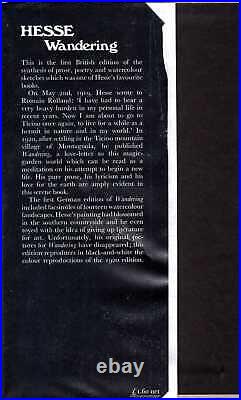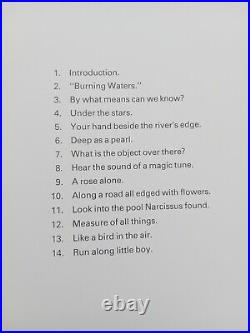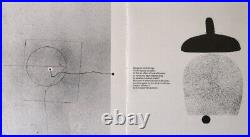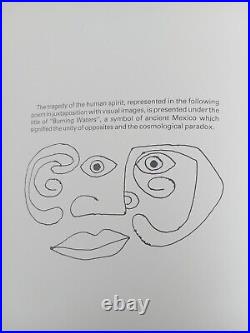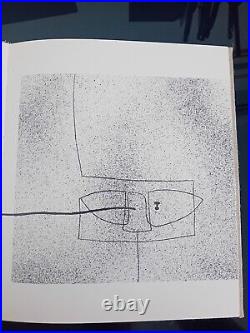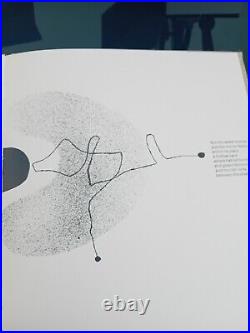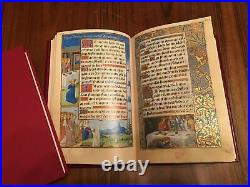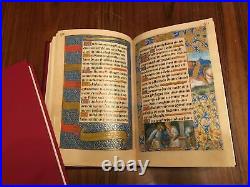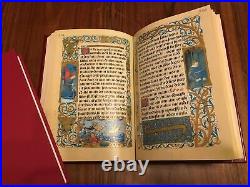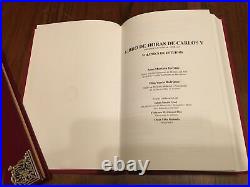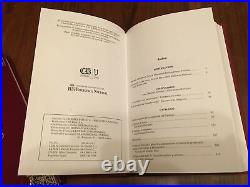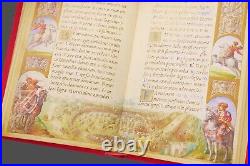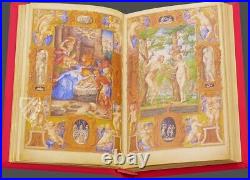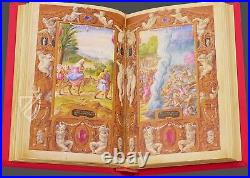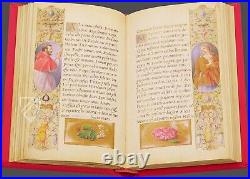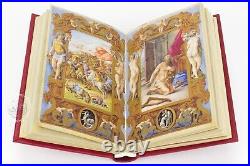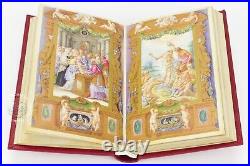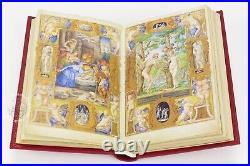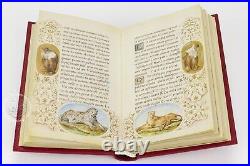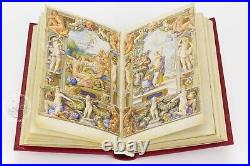

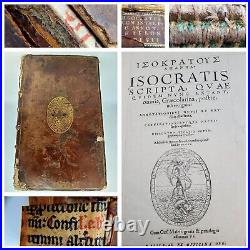
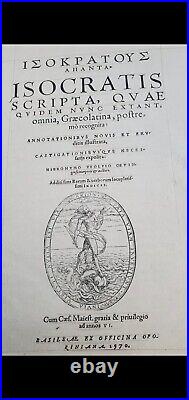
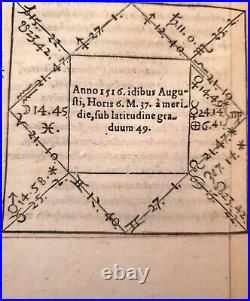

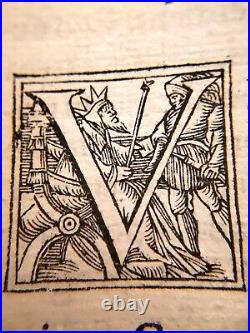


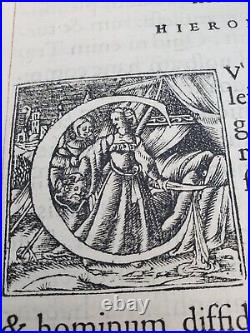

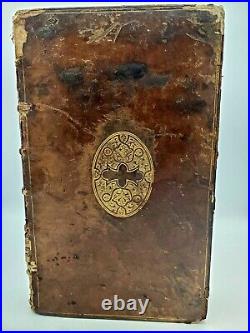

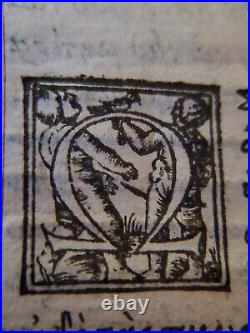
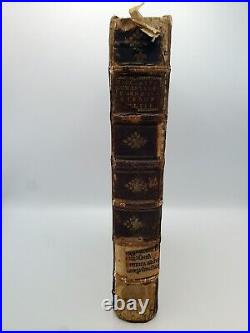
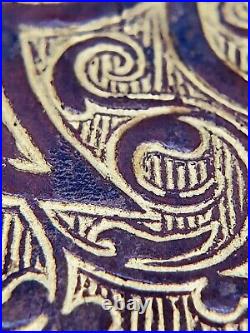
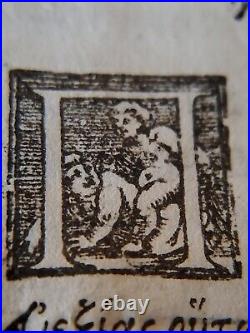
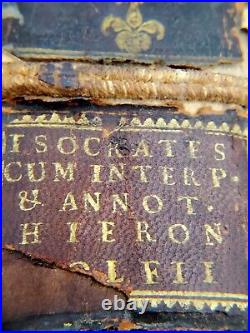

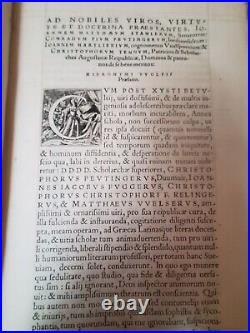

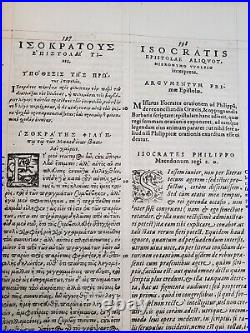
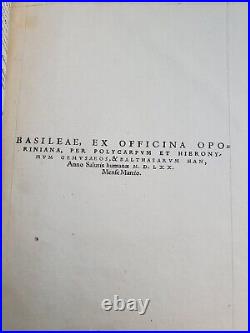

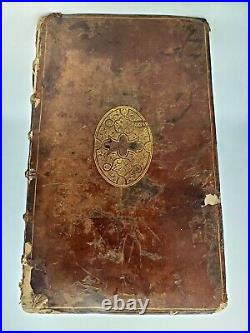

The Complete Works of Isocrates. All the writings of Isocrates that now exist, in Greek and Latin, newly revised. Illustrated with new and learned annotations, and refined with necessary corrections by Hieronymus Wolf of Oettingen, translator and author. Very comprehensive indexes of subjects and words have been added. With the grace and privilege of His Imperial Majesty for six years. Basel, from the Oporinus Press, 1570. A Rare Renaissance Masterpiece: Hieronymus Wolf’s “In Omnia Isocratis Opera” (1570). An extraordinary example of 16th-century scholarship and craftsmanship: Hieronymus Wolf’s “In Omnia Isocratis Opera, ” printed in 1570 by the esteemed Officina Oporiniana in Basel. This exceptional volume embodies the intellectual fervor of the Renaissance and is a testament to the era’s dedication to the revival of classical antiquity. His work played a crucial role in reintroducing Greek literature to Western Europe, and his scholarship laid the groundwork for modern classical studies. This particular volume focuses on the works of Isocrates, one of ancient Greece’s most influential rhetoricians and educators, whose writings profoundly impacted the educational practices of the time. The book is sumptuously bound in full calf leather, showcasing a rich, aged patina that reflects its historical journey. The front cover is adorned with a finely detailed gilt medallion featuring intricate Renaissance motifs, which remain discernible despite gentle wear along the edges and spine. The gold-embossed title on the spine, although softly faded, adds to the book’s antique charm and authenticity. Notably, the binding incorporates remnants of a medieval manuscript fragment, providing a unique palimpsest quality that enhances its historical and aesthetic value. Opening the volume reveals elegantly printed Latin and Greek text in a classic serif font characteristic of Renaissance humanist works. The typography is crisp and clear, reflecting the high standards of the Officina Oporiniana press, known for its contributions to scholarly literature during the Renaissance. The title page is a work of art in itself, featuring an intricate engraved depiction of Hercules-symbolizing strength and virtue, ideals highly esteemed by scholars of the period. The volume exhibits expected signs of aging, including moderate scuffing along the spine and corners, which attest to its centuries-long journey through time. The presence of the medieval 13th-14th century manuscript fragment within the binding offers a tangible connection to the past, illustrating the historical practice of repurposing older manuscripts in bookbinding. This feature not only enhances the book’s uniqueness but also provides valuable insights into the material culture of the Renaissance. This volume would have been a treasured possession in the library of a learned scholar or a discerning nobleman of the 16th century. Today, it stands as a rare opportunity for collectors and institutions alike, offering profound scholarly significance and aesthetic appeal. The convergence of Hieronymus Wolf’s esteemed scholarship, the timeless wisdom of Isocrates, and the masterful craftsmanship of Renaissance bookmaking make this an invaluable addition to any rare book collection. Hieronymus Wolf’s 1570 edition of Isocrates’ works was a pivotal contribution to the Renaissance humanist movement and had a lasting impact on Western society. At a time when the revival of classical antiquity was reshaping art, philosophy, and education, Wolf’s meticulous scholarship brought the teachings of Isocrates-a master of rhetoric and one of ancient Greece’s most influential educators-back into the intellectual discourse of Europe. By providing both the Greek texts and Latin translations, along with extensive annotations and corrections, Wolf made Isocrates’ ideas accessible to scholars who were not well-versed in Greek. This bridged a critical gap in knowledge and allowed for a broader dissemination of classical thought. The significance of this work extends beyond mere translation; it influenced the educational practices of the time by reintroducing Isocrates’ emphasis on rhetoric as a means of cultivating virtuous and effective citizens. This aligned with the humanist ideal of education serving both individual development and societal betterment. Wolf’s edition became a foundational text for scholars, educators, and political thinkers, shaping curricula and informing debates on ethics, governance, and communication. In essence, the book not only preserved important classical knowledge but also actively contributed to the intellectual evolution of Western society during a transformative period in history. Please message me if you would like additional pictures. All items are guaranteed.


